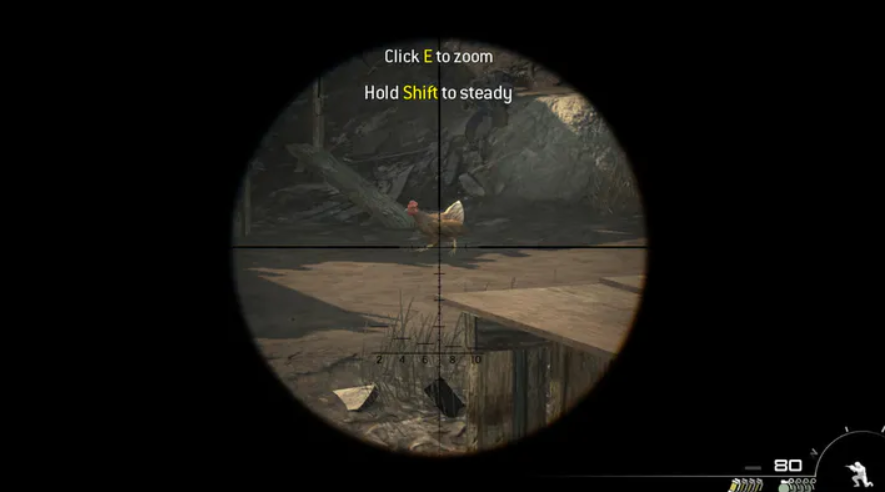In an as of late distributed paper, we contend there is valid justification to think brutality against creatures in computer games is dangerous – maybe much more so than in-game savagery against people. We think game savagery against creatures is bound to advance insolence for their living partners.

The jury is out In 2005, Australia restricted a first-individual shooter game called Postal 2, in which players could disfigure and defile (virtual) human bodies. Australia has dubiously restricted a few games accessible in different nations due to portrayals of savagery and other conceivably shocking themes.Violence against creatures in computer games is pervasive.

Players can slaughter or torment creatures in different famous games, including Minecraft and Grand Theft Auto V. The ascent of this (undeniably practical) pattern in games, alongside individuals’ inclination to oblige it, brings up significant issues. Viciousness against people in computer games has for quite some time been antagonistic – supported by the ceaseless discussion about whether on-screen brutality conceives the genuine article. In any case, viciousness against creatures in computer games has pulled in significantly less consideration. Players obviously have fluctuating perspectives on hurting virtual creatures. Some express concern or regret — one gamer composed on a discussion: It’s unusual how terrible I feel about murdering creatures in the game … I will effectively attempt to shoot folks off ponies rather than simply shooting the ponies.

Individuals for the Ethical Treatment of Animals (PETA) – itself a fairly grieved association – has reprimanded games it says “advance harming and murdering” creatures. Models incorporate whale-chasing in Assassin’s Creed, and fishing and getting bugs in Animal Crossing: New Horizons. Different players have no such second thoughts, nonetheless, with one composition: I kill people in games constantly. For what reason would I care about creatures? Many offer this view. Computer game “amoralists” state manhandling creatures (or people) in computer games can’t not be right, as the “people in question” are virtual and no living being is harmed. It’s not satisfactory precisely why players feel so distinctively about in-game brutality.

Mentalities towards in-game brutality might be formed by close to home perspectives, social mores, gaming society and furthermore the sum somebody plays rough games. On the off chance that computer games can advance specific moral messages, could certain games empower disregard for living things?A moral quandary on display Social researchers have since quite a while ago discussed whether rough computer games cause withdrawn perspectives towards others. Some figure they may, yet convincing proof for a causal connection is inadequate. The ethical issue of brutality against creatures in computer games has gotten substantially less philosophical consideration. The two creatures and people are frequently depicted as objects to execute and hurt for entertainment only in gaming. Be that as it may, creatures are introduced in considerably more dispensable manners.

They are frequently simple apparatuses for players to murder to finish missions, or to pick up materials and prizes. This is genuine in any event, for games in which players are urged to consider ethically their in-game activities. In Dragon Age: Inquisition, the game’s characters will affirm or oppose a wide assortment of player activities. In any case, hurting non-forceful wild creatures isn’t something that prompts an ethical response. While cultural regard for creatures is developing (though gradually), creatures today are regularly abused very. We limit them to manufacturing plant ranches, put them on live fare ships where many endure (and even bite the dust) and “empathetically” execute undesirable friend animals.

A large number of us disregard these real factors. Morally speaking, animals are relatively invisible to society – whereas other humans generally are not. In this context, depicting animals as disposable commodities in video games could reinforce disrespect towards them, at least for many players. Some games may help normalise the mistreatment and moral invisibility of animals. Examining our prejudices So if video games can, in fact, reinforce disrespect for animals, does this mean we should ban or boycott them? We don’t advocate that. However, it would be useful for scientists to investigate whether video games do help or hinder social respect for animals. Game designers may also consider depicting animals in ways that encourage (or at least don’t inadvertently discourage) respecting them. Some already do this. In Red Dead Redemption, killing your horse leads to the same loss of “honour” points as killing an innocent person. Another story in video: